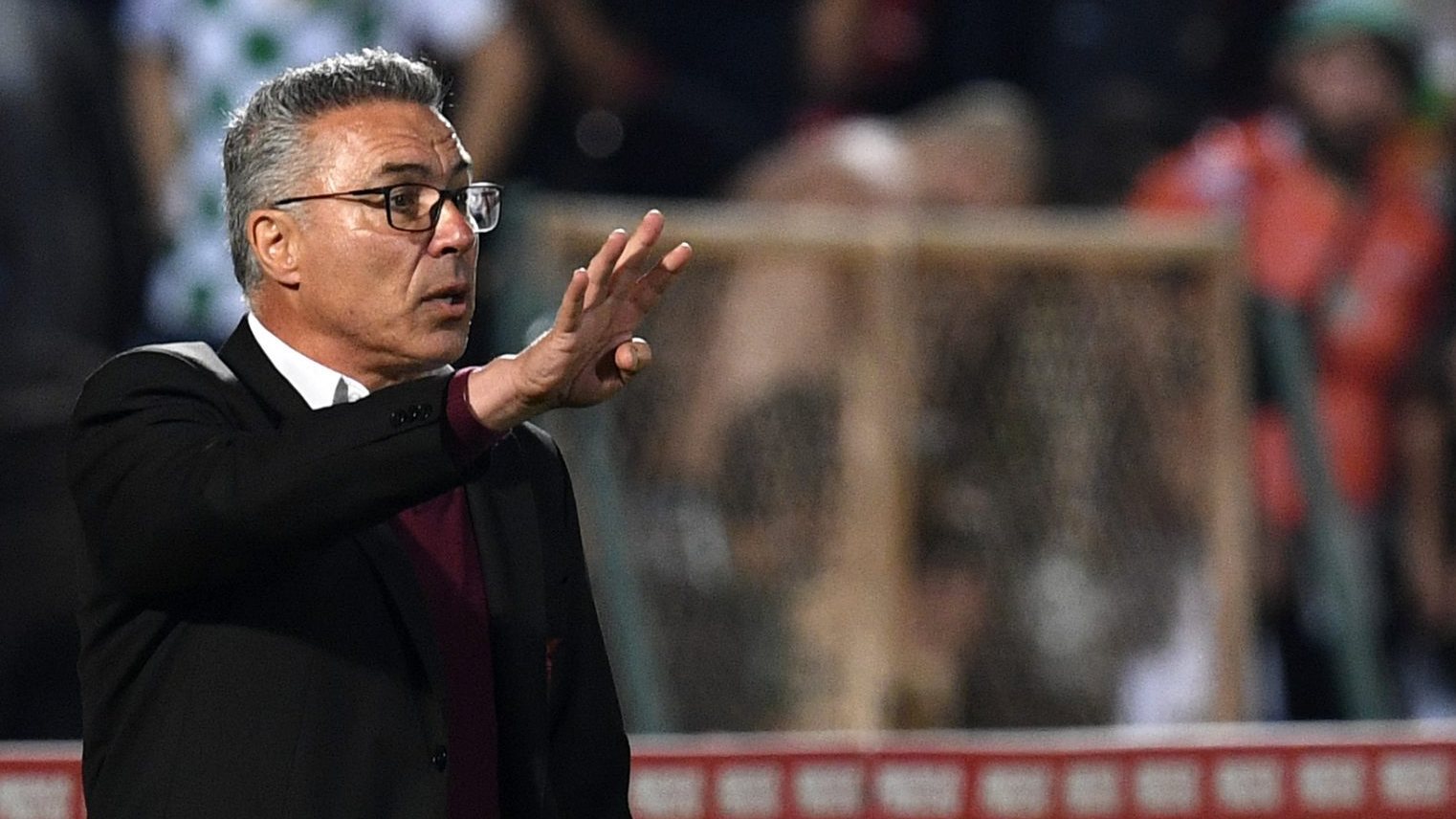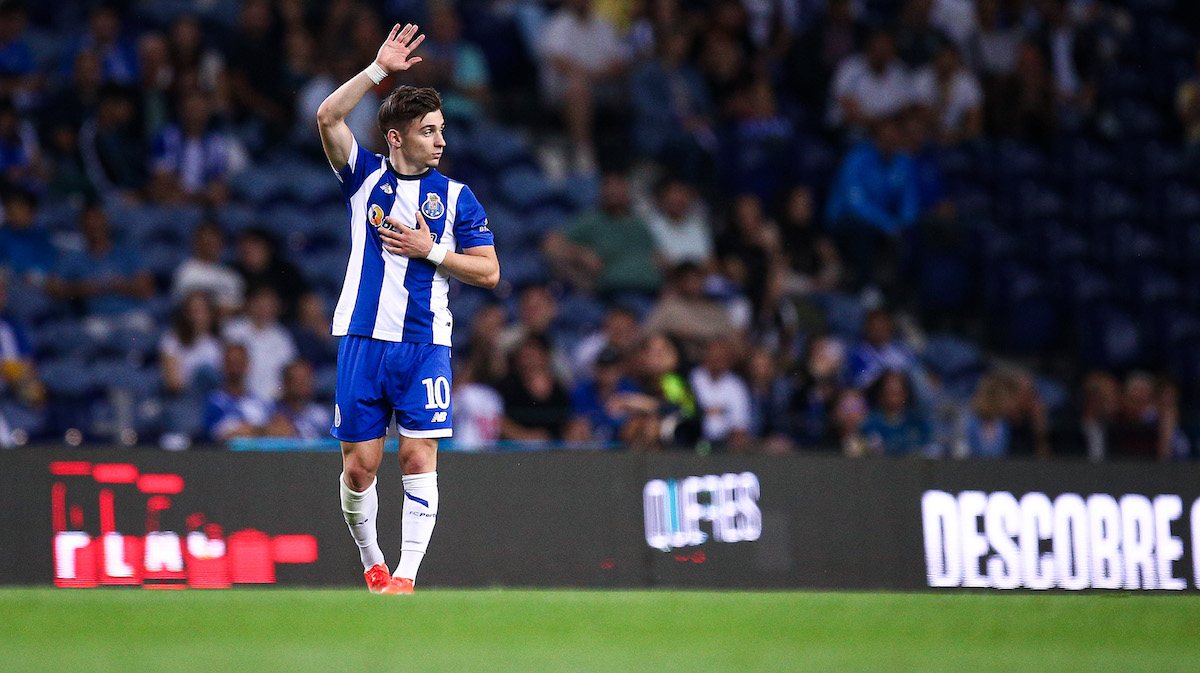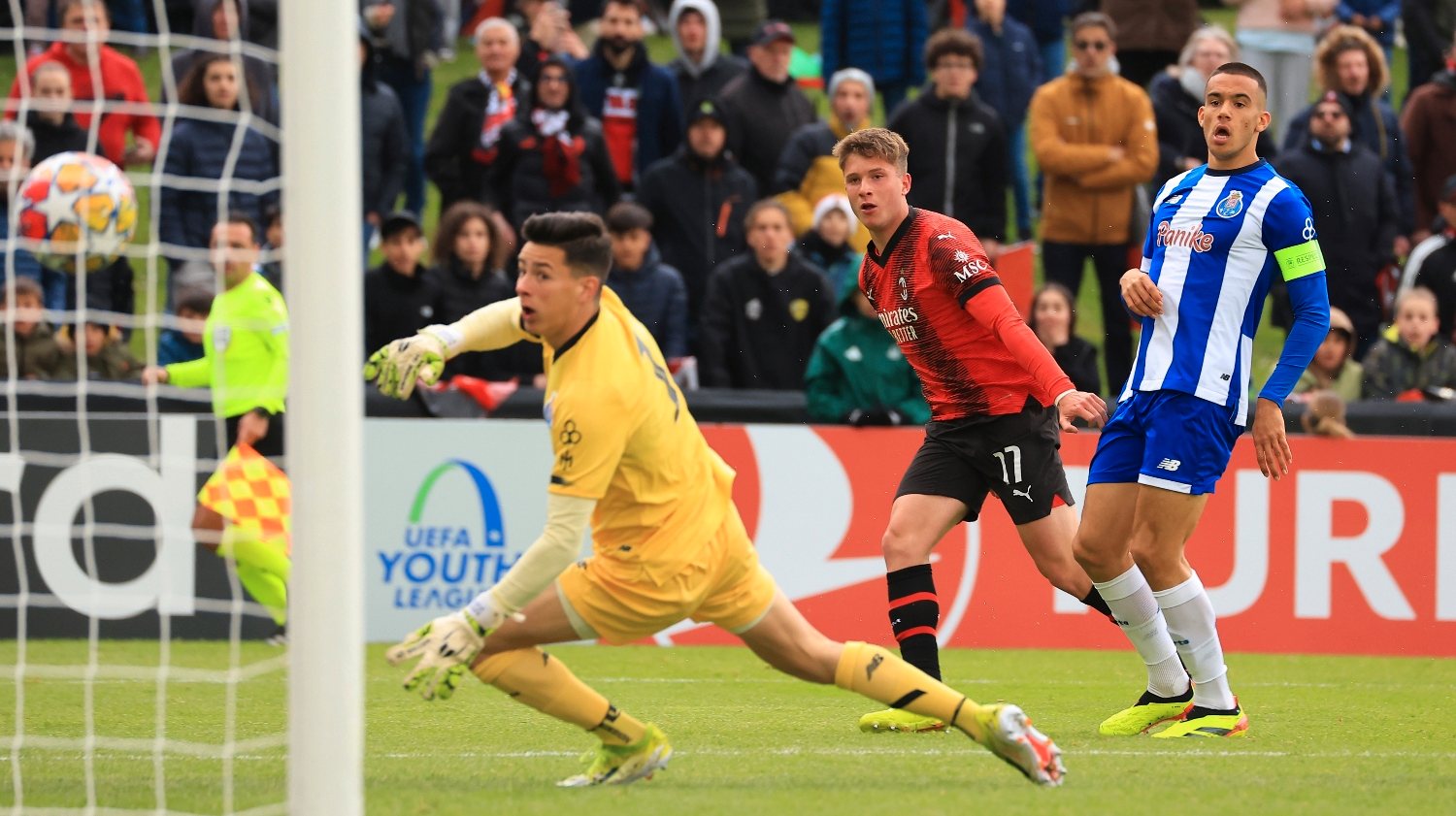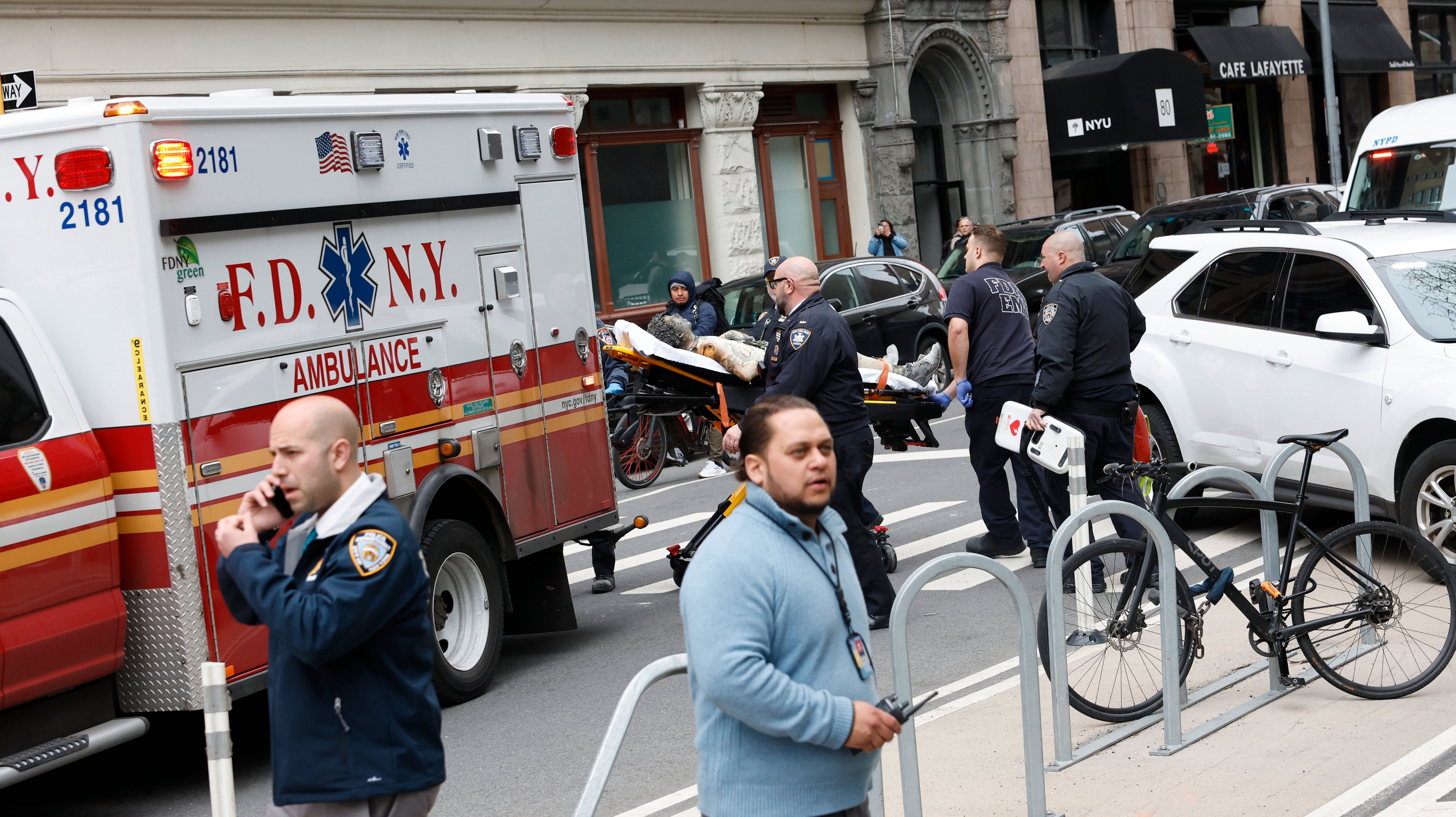Não foi a mais confortável das semanas para ver notícias.
Logo que se soube do desastre aéreo na Colômbia, a comunicação social nunca mais largou o tema.
Era normal que assim fosse, claro. Desde o desastre do Hindenburg, que as imagens dos desastres aéreos, com destroços espalhados pelas montanhas, pelos campos, pelo mar, têm algo de aterrador mas também de irresistível. Deve haver uma parte de nós que precisa de ver essas imagens, para aceitar ou confrontar os factos.
Mas desta vez, não foi difícil ver as notícias só por causa das habituais imagens da catástrofe, mas sobretudo por causas das outras, as imagens filmadas e fotografadas antes do voo. Entrevistas com o piloto e vídeos e selfies cheios de alegria dos jogadores dentro do avião foram reproduzidos constantemente nas televisões e nos jornais. As imagens pré-voo são perturbadoras, muito mais perturbadoras do que qualquer imagem dos destroços. Inspiram tristeza, claro, mas condensam também, de modo mórbido, a horrível ironia da situação: rapazes que estavam a caminho de um sucesso que lhes foi roubado com a vida.
Era inevitável que estas imagens aparecessem nos nossos ecrãs, por duas razões. Uma é a capacidade que toda a gente hoje tem de captar imagens e transmiti-las imediatamente, esteja onde estiver. Já deve ser costume, quando acontece qualquer desastre, que os jornalistas vasculhem com urgência as contas das vítimas nas redes sociais, para tentarem encontrar qualquer upload feito antes do evento fatídico.
A razão principal, no entanto, porque estas imagens foram repetidas vezes sem conta, e porque o lamento foi mais alto e constante do que para as vítimas de qualquer outro desastre, foi esta: morreu uma equipa de futebol.
Desde os segundos iniciais, quando se percebeu que o acidente aéreo na Colômbia tinha matado uma equipa inteira de jogadores de futebol, a comunicação social foi a todo o vapor à procura da história de cada jogador, e a seguir cobriu minuciosamente cada acto em memória desses mortos, incluindo o transporte dos caixões. A aura que envolve o futebol sempre me pareceu misteriosa, e o ângulo dado a esta história também.
As estações de televisão correram logo a entrevistar as famílias dos jogadores. A insistência de muitas televisões em entrevistar pessoas recém-enlutadas, a poucas horas da morte dos seus parentes, é cruel e de mau gosto, mas todas as televisões o fazem, e já é aceite como normal. Espanta-me sempre que os entrevistados aceitem falar, mas aceitam, e as entrevistas continuam.
Desta vez, uma das entrevistadas foi a mãe do guarda-redes, logo nas primeiras horas depois do acidente. Ela ainda não sabia se o filho estava vivo ou morto. Foi doloroso assistir.
Ontem, foi entrevistada de novo, no campo de futebol. Descreveu a terrível perda de um filho com calma e serenidade, mas de repente, parou e fez uma pergunta ao repórter. Perguntou-lhe isto: como é que ele e os seus colegas da imprensa estavam a lidar com as suas próprias perdas, já que tantos jornalistas haviam morrido no desastre. O repórter ficou sem palavras. A senhora, então, abraçou-o e reconfortou-o.
Por causa do futebol, essa praga, essa coisa mística, por causa da importância ofuscante que dão a esse maldito jogo, a comunicação social, ela própria, quase nem reparou que vinte colegas seus, mais o pessoal de bordo e outros passageiros, também tinham morrido no desastre. Ou seja, todas as pessoas que não eram jogadores de futebol não tiveram direito a rostos, a histórias.
E foi a Dona Alaíde, que perdeu o seu filho, Danilo, que nos lembrou desse facto. Que grande mulher.
Traduzido do original inglês pela autora. Lucy Pepper é autora do livro “Como não morrer de fome em Portugal” (Objectiva, 2016).
The morbid triumph of football
It’s been an uncomfortable week for watching the news.
From the first moments that news came of the plane crash in Colombia, there has been almost non-stop coverage on the television and in the press.
It’s the norm, of course. Since the Hindenburg disaster, we have been watching grisly but compelling images of the wreckage of air disasters, strewn across mountains and fields or the sea. It must be some part of our make up that needs to see it, to accept it, to confront it.
It was not the aftermath footage that made this week uncomfortable, though. It was the other footage, the pre-flight footage. It was the interviews with the pilot and the joyful videos and selfies shot inside the cabin as they waited to take off. On a loop. Every hour since the crash. On our TVs and in our press. This pre-crash footage is horribly disturbing to watch, far more disturbing than any images of the aftermath. It’s a kind of extra way to bewail but at the same time revel in the horror and sadness of the situation, almost celebrating the terrible irony that these boys were on their way to success and it was torn from them.
That this footage appeared on our screens was inevitable, for two reasons.
One is everyone’s ability to shoot, and, now, immediately transmit, their own footage and selfies from wherever they are. It must be the norm for all disasters, these days, that there is a frantic search by journalists, matching up the flight manifest to social media accounts to see who uploaded anything moments before the terrible event.
However, the main reason that the footage is being shown over and over again, and the bewailing is louder and more constant than for other accidents is that the crash involved a football team.
From the very second that it was known that the crash involved a whole football team, the press went into overdrive, looking up every player’s story, following every memorial, all the minutiae of the transportation of the players’ coffins. The whole aura around football mystifies me, and this whole business mystifies me.
The TV stations immediately sent out reporters to interview the bereaved families of the players. The insistence of television stations on interviewing the recently bereaved within hours of their loss is entirely distasteful and unkind. In many places, it’s a thing, almost expected. I’m always surprised that the interviewees agree to speak, but they do, and so it continues.
One of those interviewees was the mother of the goalkeeper, in the first few hours after the crash, not sure whether he was alive or dead at the time. It was painful to watch, as it always is.
She was interviewed again, yesterday at the football ground. She described her terrible, terrible loss with poise and calm and then stopped to ask the reporter something. She asked how members of the press were feeling having lost so many of their colleagues in the crash. The reporter couldn’t speak, and she held him.
Because of football, because of that plague, that mystique, that overbearing importance placed on that damned game, the press… the very PRESS itself, barely noticed that twenty of their own and the flight crew had died in the crash too. Or rather, people other than footballers.
And Dona Alaíde who lost her son, Danilo, was the person to remind us all of that. What a woman.













